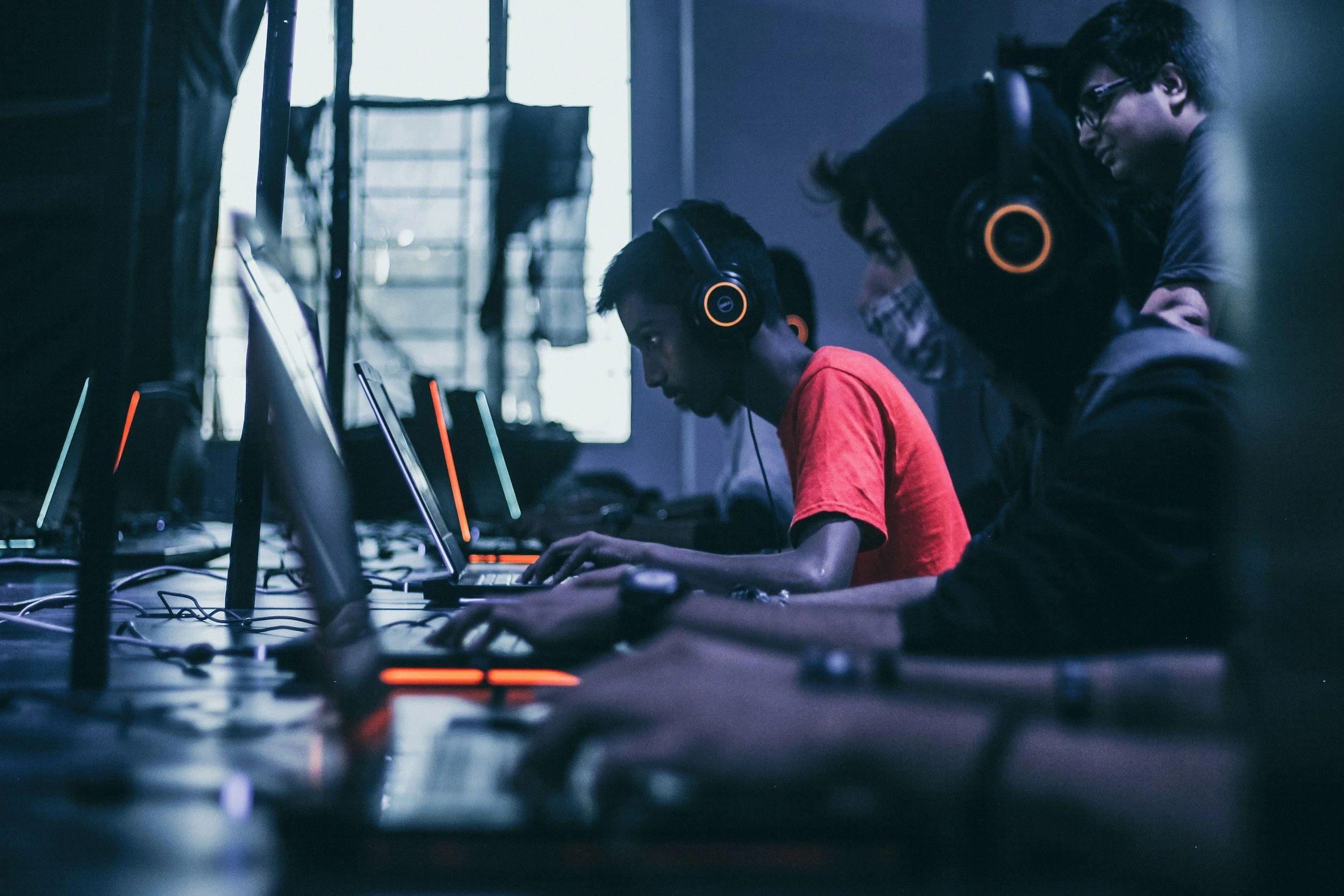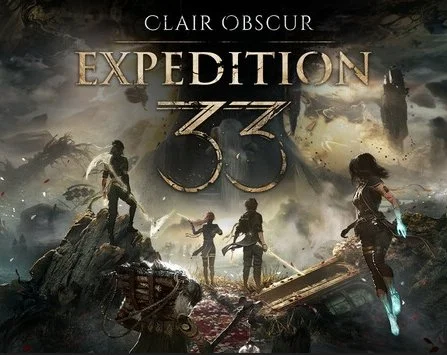From The Battlefield to Living Room: How Your Gaming Console Powers Modern Warfare
On any given night, millions of people switch on an Xbox, launch Call of Duty, or dive into Minecraft. For most players these games are pure entertainment, a way to escape into digital worlds with friends. Yet behind the bright graphics and familiar controllers lies a deeper story. The profits, infrastructure, and technology that make gaming possible are also fueling real-world warfare.
Today the video game industry is not only about fun. It is a crucial part of the modern military-industrial complex. The same companies that create the games in our living rooms also supply the cloud services, simulation tools, and artificial intelligence systems used in active conflict zones. The connection is not abstract. It is financial, technological, and deeply political.
Microsoft: Xbox and the Cloud of War
Microsoft is best known to gamers for Xbox, Game Pass, Minecraft, Call of Duty, and other household names. These brands generate billions in consumer revenue and make Microsoft the most important gaming conglomerate in the world. At the same time, Microsoft provides the Israeli military with cloud and AI infrastructure through its Azure platform.
Documents reveal that Microsoft signed a $133 million defense contract with Israel’s Ministry of Defense. Investigations show that the Israeli military has used Azure AI services to support surveillance and to accelerate bombing campaigns in Gaza and Lebanon. Following the October 7, 2023 attacks, Israel’s reliance on Microsoft cloud systems reportedly increased almost 200-fold.
The overlap between Xbox and Azure matters. The consumer money spent on games helps sustain a parent company that supplies the infrastructure for war. This link has made Microsoft a top target for activist campaigns. The Boycott, Divestment, Sanctions (BDS) movement calls for boycotts of Xbox and major franchises to pressure Microsoft to end its complicity. Employees within Microsoft and studios like Arkane have also protested, staging walkouts and open letters demanding the company sever ties with the Israeli military.
Unity: From Indie Games to Military Simulations
The Unity engine is one of the most widely used tools in gaming. Thousands of popular mobile and indie titles are built with it. Yet the same real-time 3D technology that powers games is also used by militaries for simulation and training.
Israeli defense contractor Elbit Systems, for example, operates advanced Mission Training Centers for the Israeli Air Force that rely on high-fidelity digital simulations. These kinds of training environments are enabled by the same core technology that makes consumer games immersive. The Unity engine, originally marketed for entertainment, has become a dual-use technology.
Unity’s corporate ties to Israel grew even deeper after its $4.4 billion merger with the Israeli advertising tech firm ironSource. The merger embedded Unity into Israel’s broader technology ecosystem, strengthening its role as a dual-use provider. For many developers and players, this creates an ethical dilemma. The games they love help fund a company whose tools are used to prepare soldiers for combat.
NVIDIA: GPUs, AI, and Biased Philanthropy
NVIDIA is essential to gaming because it produces the graphics processing units (GPUs) that make high-end PC gaming possible. These same chips are the backbone of artificial intelligence and deep learning systems that are critical for modern militaries. NVIDIA has a major presence in Israel after acquiring Mellanox Technologies, which specializes in networking products for AI and defense.
NVIDIA’s involvement goes beyond hardware. After October 7, the company launched a major donation campaign. It allowed employees to direct contributions to charities, but its policies created controversy. NVIDIA approved matching funds for organizations that directly support the Israeli Defense Forces and settler militias, while blocking or retracting matches for Palestinian humanitarian groups such as Anera, UNRWA, and the Palestinian Children’s Relief Fund.
This double standard exposed a political bias within the company’s philanthropy. The same firm that sells GPUs to gamers worldwide also matched donations for tactical equipment like helmets, radios, and night-vision gear for armed groups in the West Bank. Critics inside and outside the company called this a betrayal of corporate neutrality and an example of how consumer technology corporations shape geopolitical conflicts.
Cloud Titans and Mobile Apps: The Wider Ecosystem
The militarization of gaming does not stop with Xbox, Unity, and NVIDIA. Other tech giants that host gaming platforms or app stores are also deeply involved. Google and Amazon both signed Project Nimbus, a $1.22 billion cloud contract with the Israeli government and military, providing critical AI and cloud infrastructure. Apple has faced its own controversies over donation-matching policies that favored pro-IDF groups while blocking Palestinian aid.
Even the casual apps people download every day have connections to military intelligence. Many popular photo editors and mobile games are produced by companies founded by veterans of Israel’s Unit 8200, the intelligence unit known for surveillance and cybersecurity expertise. These apps generate huge profits through ads and in-app purchases, channeling money back into Israel’s tech ecosystem and reinforcing the feedback loop between consumer spending and military innovation.
The Consumer’s Dilemma
For ordinary gamers, these connections are rarely visible. Buying an Xbox game or upgrading a graphics card does not feel like a political act. Yet consumer purchases provide the financial fuel for corporations whose infrastructure and technology are entangled with active conflicts.
This reality has sparked movements that target gaming as a point of leverage. The BDS campaign encourages boycotts of Xbox and Call of Duty. Internal worker groups like “No Azure for Apartheid” pressure Microsoft leadership from the inside. These efforts are based on a clear logic. If companies profit from consumer entertainment to subsidize their military contracts, then consumer and employee resistance can become powerful tools for accountability.
The Psychological and Ethical Dimension
The link between gaming and warfare does not only raise political questions. It also has psychological effects on players and moral implications for the companies that dominate the industry.
Many players turn to video games for escape, creativity, or social connection. Discovering that the games they love are tied to real-world violence can create feelings of discomfort, guilt, or even disillusionment. For some, this knowledge disrupts the sense of innocence or neutrality that gaming once represented. For others, it raises difficult questions about whether everyday entertainment choices contribute to harm abroad.
This tension is especially sharp in franchises like Call of Duty, which simulate war for entertainment while the profits help sustain companies under contract with militaries engaged in active conflict. The blurring of entertainment and militarization can desensitize players, normalizing war imagery while obscuring the economic structures behind it.
On the ethical side, companies like Microsoft, Unity, and NVIDIA often frame themselves as consumer brands that promote fun, creativity, and community. Yet their simultaneous roles as suppliers of military infrastructure expose a contradiction. If gaming companies profit from dual-use technologies, they carry a responsibility to confront how their products are deployed beyond entertainment.
Players increasingly expect transparency, accountability, and ethical standards from the corporations they support. Just as environmental responsibility became a corporate obligation in past decades, ethical responsibility in conflict zones is becoming a defining test for technology and entertainment companies. The issue is no longer only about what games are made, but about what industries those games sustain.
Simply Put: Gaming Is No Longer Neutral
The image of video games as harmless fun is no longer accurate. Consoles in living rooms and GPUs in gaming rigs are connected to the technologies that enable surveillance, airstrikes, and military training. Microsoft, Unity, NVIDIA, Google, Amazon, and Apple are not just entertainment or consumer tech companies. They are structural players in the military-industrial complex.
This raises a profound question. Can gaming remain a neutral form of entertainment when the industry’s most powerful companies are directly tied to war-making? For players, developers, and consumers, the choice is becoming harder to ignore. The battlefield is closer to the living room than ever before.






